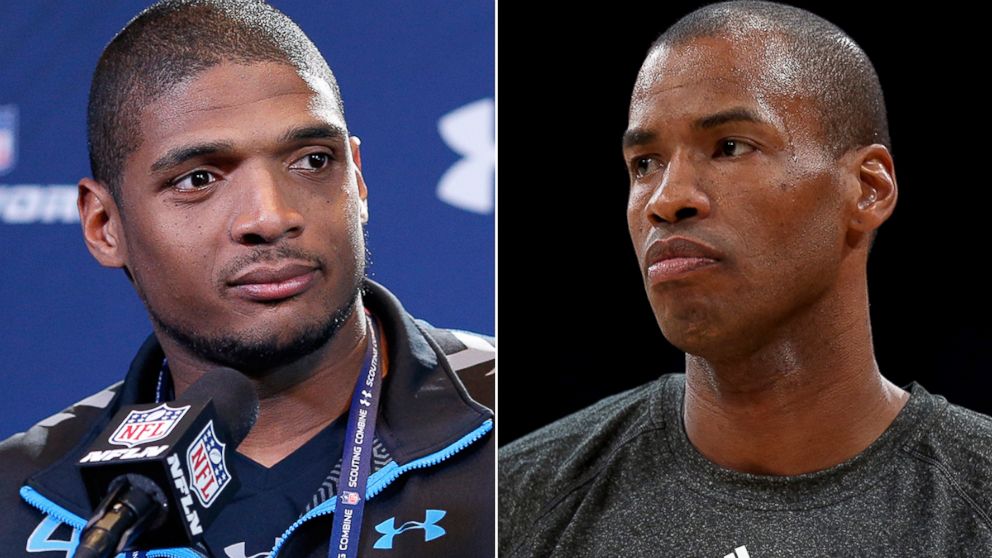The 2014 legislative session ended last week, and we have been on the move here at Strong Families New Mexico! From supporting press conferences highlighting the important of the lottery scholarship for our families, to putting pressure on Governor Martinez' office in support of adult education, the last few weeks have been incredibly fast paced as we advanced policies that allow all our families to thrive.
In Santa Fe we worked with our partners and allies to
push our legislators for policies that our families need. We worked with the New Mexico Coalition for
Equity and Justice and the New Mexico Dreamers in Action to push for maintaining education funding and to prevent merit testing on lottery scholarships. We also went on a legislative scavenger hunt with the
New Mexico Asian Family Center to find legislators and ask them to support
important legislation, like the Working Families Tax Credit.
One of our big successes this legislative session was
the passage of Senate Bill 44, a bill that will ensure that people who are
working toward a high school diploma equivalent have more options. Currently
the GED test is the only option in New Mexico and with the test’s privatization
by Pearson VUE, test rates have gone up to $120 and required test takers to
have access to a computer, which can be inaccessible to low-income and rural
New Mexicans. Thanks to our strong work with our partners at Encuentro and
Young Women United, we effectively lobbied our legislatures and the bill
swiftly passed both houses with broad, bipartisan support. Right now the bill
sits at Governor Martinez’ desk waiting to be signed, but we haven’t stopped
our advocacy. In the past week alone the Governor’s office reported at least 50
emails sent in support of the bill and countless phone calls.
 |
| Image used on social media to demand action in support of SB44 |
Despite these positive steps, there were still missed opportunities by
the legislature this session. One of the biggest of these was
a bill to allow voters to weigh in on a constitutional amendment to raise the minimum wage
in New Mexico. The bill, if passed by the legislature and approved by the
voters, would have ensured that the minimum wage would go up at the rate of
inflation, making sure that families are not punished as the cost of living
goes up. Unfortunately, the bill failed in the House of Representatives,
falling short by just three votes.
As we look toward the rest of the year and plan for the next
legislative session, we must continue our work so our leaders in Santa Fe hear
our voices and why these missed opportunities are important for our families. We
must continue to educate our elected officials on the importance of passing
Strong Families policies that represent our families so we have the tools and
support to thrive. We will continue to work together across sectors because by
lifting our voices, we have the power to bring justice for all our families.
Strong Families New Mexico Legislative Working Group Members include: Encuentro, Enlace Comunitario, El Centro de Igualidad y Derechos, Families United for Education, Media Literacy Project,Men of Color Initiative, NM Asian Family Center, NM Dreamers in Action, NM Religious Coalition for Reproductive Choice, OLÉ – Organizers in the Land of Enchantment, Tewa Women United, Young Women United
Strong Families New Mexico Legislative Working Group Members include: Encuentro, Enlace Comunitario, El Centro de Igualidad y Derechos, Families United for Education, Media Literacy Project,Men of Color Initiative, NM Asian Family Center, NM Dreamers in Action, NM Religious Coalition for Reproductive Choice, OLÉ – Organizers in the Land of Enchantment, Tewa Women United, Young Women United




